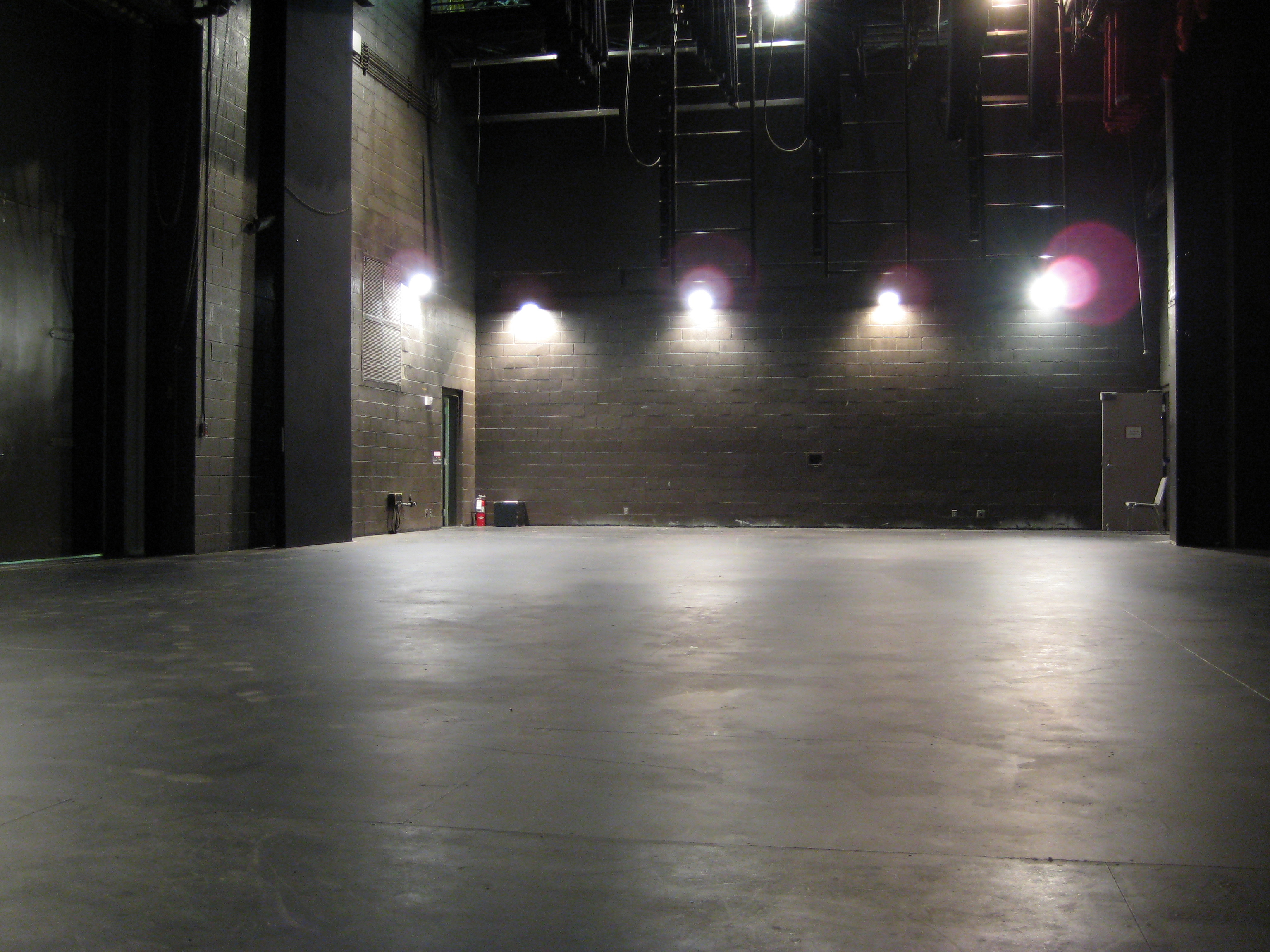by Olivia Kelvorn
Over the past week people across campus have been alerted to the fact that women of color are in pain. They are hurt by a failure of the administration to represent them, to incorporate them into curriculum, to show them the same respect they show white students, and to acknowledge the effort, the talent, and the strength that they demonstrate by being present on this campus every day. They are hurt by fellow peers who make racist remarks out of ignorance or spite, are uninformed about or appropriating of their culture, modes of expression, history, and struggle for personhood. This is not new. This is not revolutionary. The erasure of women of color on this campus has prevailed since Black women were introduced to this campus. This week, the efforts of a great many willful, courageous women refused to be silenced, refused to sit down, refused to be coddled, and refused to deny their personhood in the eyes of this institution and the people it supports.
Over the past week white students have been asking how they can be allies. The wide response has been to check in on friends and offer support. Sometimes this manifests as sending mass emails to every female minority friend they have. Sometimes it is a text or Facebook message apologizing for the pain the minority person in question may feel. These efforts are all well and good but they are transient and motivated. They will not prevent next week’s professor from using n***** in class as an example of cultural re-appropriation. They will not stop boys at parties from blocking me from the door. What will is showing solidarity with women of color in the long term, sticking around, speaking out with them, making us believe that when we say it is not just our problem, it is everyone’s, you are respecting, internalizing, and committing to bettering this community for all. But also, engaging in that community in the instances when it is created.
For Colored Girls Who Have Considered Suicide/When the Rainbow is Enuf is a play about the pain and resilience of women of color. It is a choreo-poem composed of individual narratives of Black and Puerto Rican women. Each poem contains a lesson for the learning. Each character is built to convey and define for audience members a specific kind of pain and strength. Pain is diverse. The fight is diverse. And people of color make art about both of these things that is routinely overlooked by the Yale community. It is rarely taught in classrooms and it is rarely performed. A Raisin in the Sun, a play just as much a part of the theater cannon as No Exit or The Crucible has not been performed on this campus for 30 years. The first play with an all Black cast and crew was Dave Harris’s stunning Exception to the Rule, produced last weekend. The suppressing of Black art on this campus is unacceptable. The erasure of Black narratives from the world of Yale theater plays an inestimable part in facilitating the violence done to minority bodies over the past weeks. Yale stages are revered. They are an invaluable resource for students on this campus seeking visibility, seeking a platform, seeking respect. By blocking minority voices from these spaces for so long and ignoring the fact of their absence, you are complicit in the silencing of minority women on this campus. For Colored Girls is brave. It is fearless. It is raw. It is built with the intention of bearing all and risking the possibility that the audience will get up and walk away while the actors, all women of color, will be left carrying and living the stories they tell.
If none of these arguments have swayed you, consider this: for a majority of female actors of color,For Colored Girls is a rare opportunity to be on stage. If you are a theater-maker on the Yale campus and a person of color, then the burden is constantly on you to make everything happen for yourself with no institutional support. If you are an actor and a person of color, then likely you will be excluded from casting over and over again. Yale does not have a color blind audition process. Most plays performed on this campus are by default considered “white plays.” Outside those created within groups and organizations oriented to and run by people of color, I have seen at most one or two minority actors on stage in any given production. We need to see people of color and women of color represented on stage. The wider community will never understand their stories if they are forever excluded from the wider campus narrative.
One of the first things told to incoming and prospective students is that Yale has a vibrant creative life. A creative life cannot be vibrant if it actively silences and excludes the voices and narratives of marginalized population. That type of “creative life” is only another way to further the mainstream narrative and censure that which is not a part of it. That is not creativity. It is the boring, oppressive, and violent narrow mindedness that causes racism and ignorance. If you want to continue to be an ally. If you want to educate yourself. If you want to stop being complicit in the silencing of minority voices on campus and fight to create spaces for them to be heard, then go see For Colored Girls. Go with an open heart and an open mind. Go ready to learn and be humbled. Go in support. Go in solidarity.
*Tickets for For Colored Girls Who Have Considered Suicide/When The Rainbow Isn’t Enuf have sold out. If you know a member of the cast, then reach out about attending the invited dress on Wednesday. It should be understood that this article need not and was not intended to apply only to this specific production. Rather, it is a call to action for all students to demand spaces and support for minority theater and other art making on this campus.
This was originally published in Broad Recognition.



